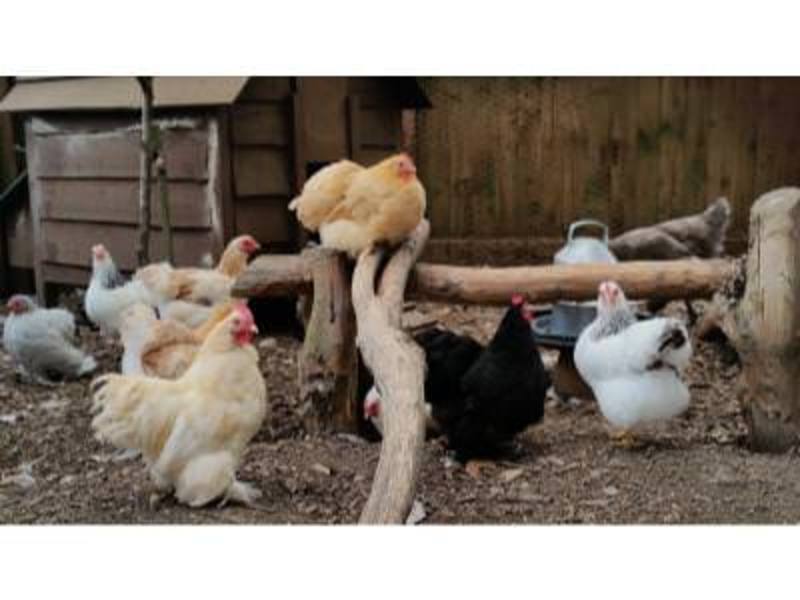The latest situation is that avian influenza H5N8 highly pathogenic is present in most European Countries. This is thought to be spread by wild birds migrating across Europe.
It has been found in Calais in wild ducks only 30 miles from from England.
How to protect your birds
- For this reason DEFRA have put an order in place that all domestic poultry have to be kept indoors to prevent contact with wild birds to minimise the risk of catching it.
- This needs to be done where practically possible without comprising bird welfare, e.g. using a shed or garage.
- Owners of poultry should STOP FEEDING WILD BIRDS. Bird flu is spread by faeces and discharges from infected birds.
- Feeders and drinkers should be put near to the door of the poultry house - this way they do not need to step into the house and risk bringing contaminated faeces into their house.
At present time the risk is low, but likelihood of wild birds being present in the country with this disease in the forthcoming weeks is significant. THEREFORE THIS ADVICE MUST BE ADHERED TO.
Symptoms
Symptoms include some or all of the following signs:
- ruffled feathers
- depression
- loss of egg production
- green diarrohea
- bloody nasal discharge
- cyanotic (blue/grey) combs
- Facial swelling
- sneezing and death.
Symptoms vary between birds and mortality can be very high.
If you suspect bird flu . . .
- If you think your bird has symptoms of bird flu, ring your vet as soon as you can
- Do not bring your bird to the vets in the first instance, over the phone advice will determine whether bringing them to the practice is the best option
- Any suspected cases will be reported to the Animal Health and Plant Agency - AHPA,
This strain does not present a human health risk and only affects birds
For further information about protecting your flock, bio-security measures and the most up to date information visit the AHPA website,
To download the updated outbreak assessment (no.5) dated 7th December 2016 click here.
*If you are concerned about the health of your birds contact your vet *

